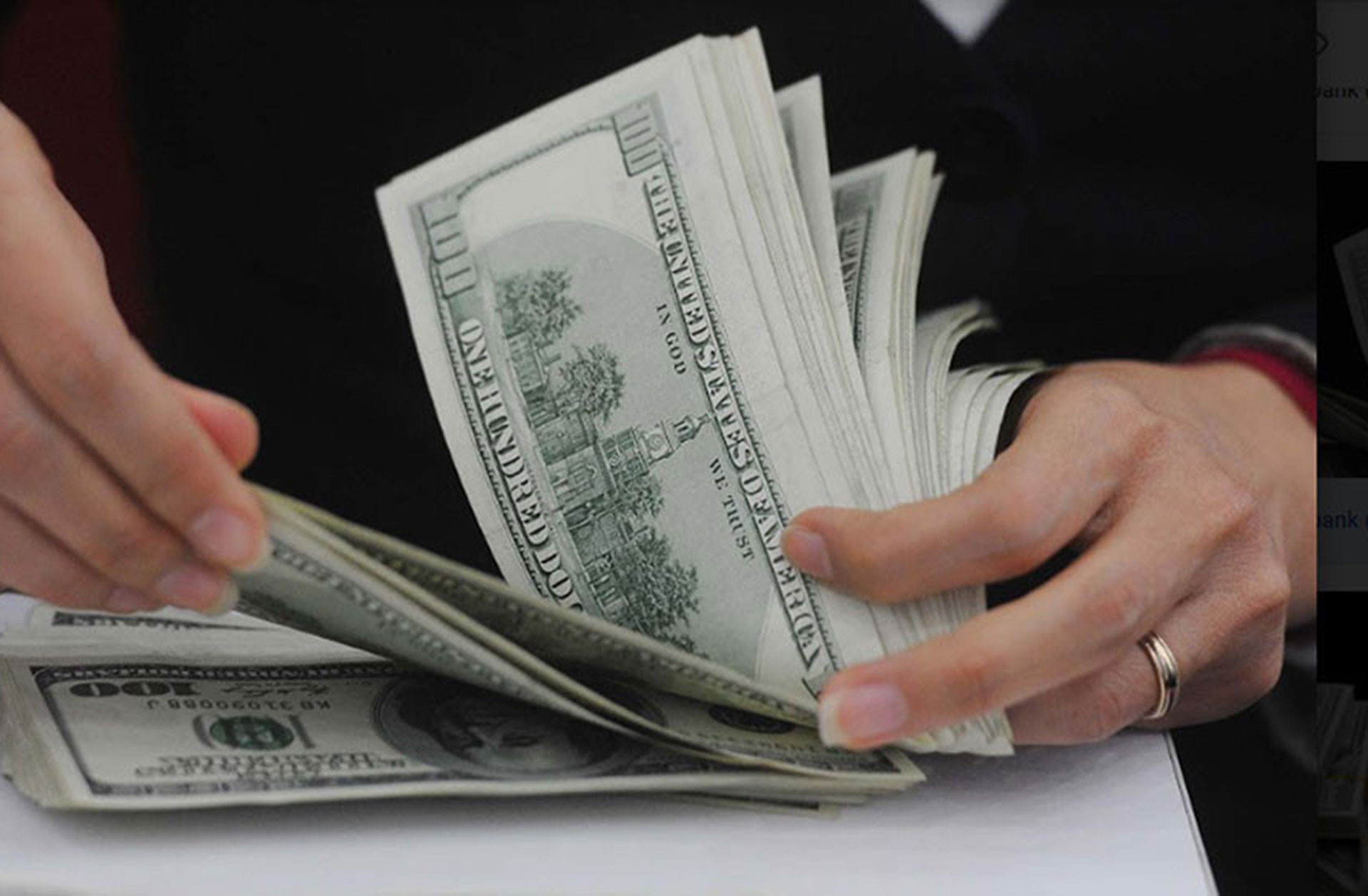
Contrary to the prediction that the central bank might raise regulatory interest rates by 1-1.5 percent (100-150 basis points) in H1 2023, SBV eased the interest rate by 1 percent (100 basis points) and lowered the short-term lending interest rate by 0.5 percent.
The rediscount rate was lowered from 4.5 percent to 3.5 percent, while the overnight lending interest rate in interbank electronic payments dropped from 7 percent to 6 percent per annum.
Prior to that, analysts predicted that the rediscount rate would be raised to 6 percent, and the refinancing rate to 7.5 percent in Q2 2023 from the current 6 percent.
This was a surprising move to everyone as the US Federal Reserve (FED) is predicted to raise the interest rate in the US by another 25 basis points at a meeting on March 22 to 4.75-5 percent per annum, and continue to raise the interest rate at meetings in May, June and July.
Other countries' central banks are expected to follow the US FED’s moves as they have done in recent years.
In September and October 2022, SBV raised the regulatory interest rates twice with a total increase of 200 basis points right after the US FED raised interest rates three times (75 basis points each time) in June, July and September 2022.
SBV then decided to raise the interest rate in order to help control inflation and stabilize the macroeconomy and monetary policy and ensure safety for the banking system, preventing a cash outflow from Vietnam if the domestic interest rate was lower than other interest rates in the world.
In recent days, analysts warned that if the interest rates in Vietnam are lower than those in the US, capital will leave Vietnam.
Nevertheless, foreign investors are still purchasing more than selling Vietnam's shares these days.
The move by the central bank in Vietnam has been described as unprecedented, which goes against the world’s tendency.
Bui Van Huy, director of HCM City Branch of DSC Securities, said SBV has "dared to take action" and it doesn’t "care" about the FED’s move.
Vietnam’s interest rates are lower than the US
According to Huy, some experts believe that the US FED’s decision to maintain high interest rates will make it difficult for Vietnam to reduce interest rates because this will affect the exchange rate.
“This, to some extent, is true. But I would like to remind you that the inflation rate in Vietnam has been controlled well and is lower than the US and many other countries. Considering the international Fisher effect, if low inflation can be maintained, it will be quite possible that Vietnam’s interest rates will be equal or even lower than bigger economies in the short term,” Huy said.
He said that the SBV’s move is "surprising" because people don’t think Vietnam would dare to do the opposite thing.
However, he believes the central bank has taken a step that is suitable to domestic conditions.
With the inflation rate of 6 percent in the US and 4.5 percent in Vietnam, the SBV’s move is reasonable, said Huy.
Statistics show that the dong/dollar exchange rates in the banking system and the free market are on the decrease. The dollar price quoted by Vietcombank fell from VND24,000 per dollar in late February 2023 to VND23,740 on March 14.
SBV has recently also witnessed a net cash withdrawal in the open market.
Low interest rates are good for securities, economy
For investors, the information about SBV’s decision to cut interest rates is ‘good news’ as the move will help pull down market interest rates, which are overly high and hinder enterprises’ production and business activities.
The inflation rate of 6 percent in the US in February 2023 (6.4 percent in January 2023 and 9.1 percent in June 2022) was also good news for investors. The inflation rate could be why the FED will possibly raise the interest rate by only 25 basis points at the upcoming meeting, slated for March 22, 2023.
As of March 14, on CME Group, traders predicted that the probability rate of increasing the interest rate by 25 basis points at the upcoming meeting is 79.7 percent (to 4.75-5 percent per annum), while the probability rate of not increasing interest rate is 20.3 percent (4.5-4.75 percent).
The fact that China has resumed tourism visas and reopened doors to international tourists, and foreign investors are buying more than selling Vietnam’s shares are all good news for the stock market.
Fubon ETF recently received approval to pump VND4 trillion more to buy Vietnam’s shares.
Manh Ha